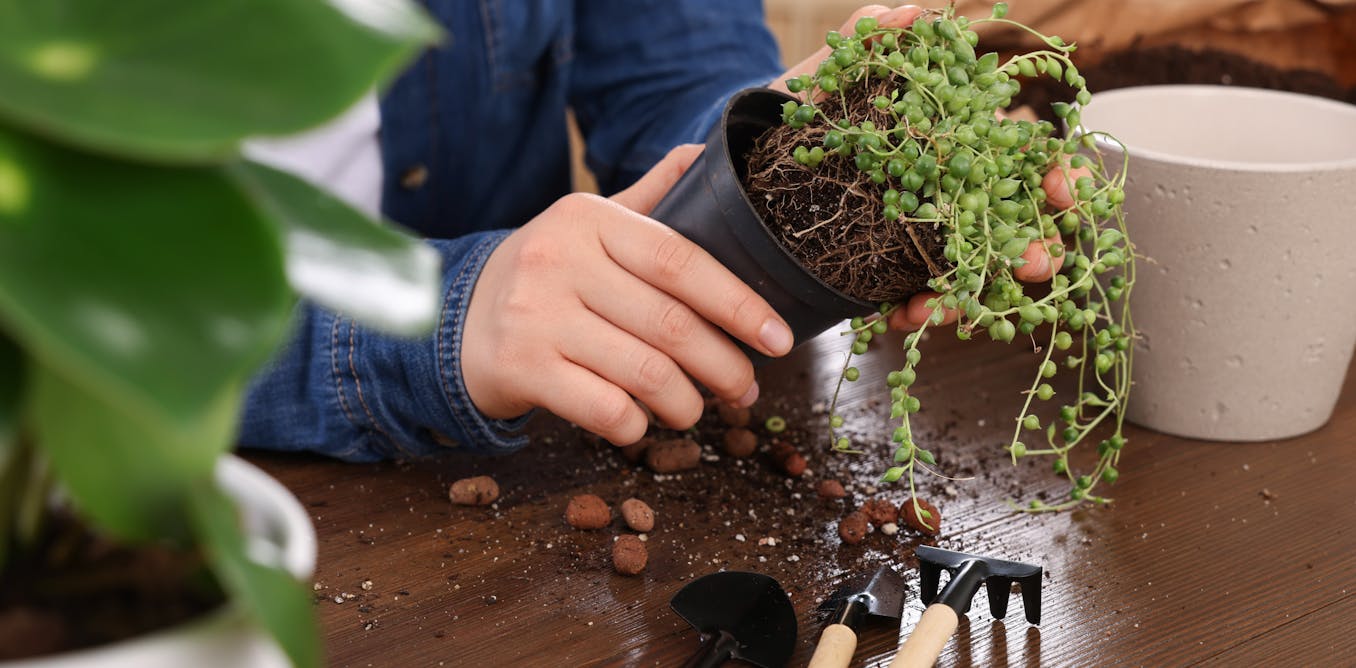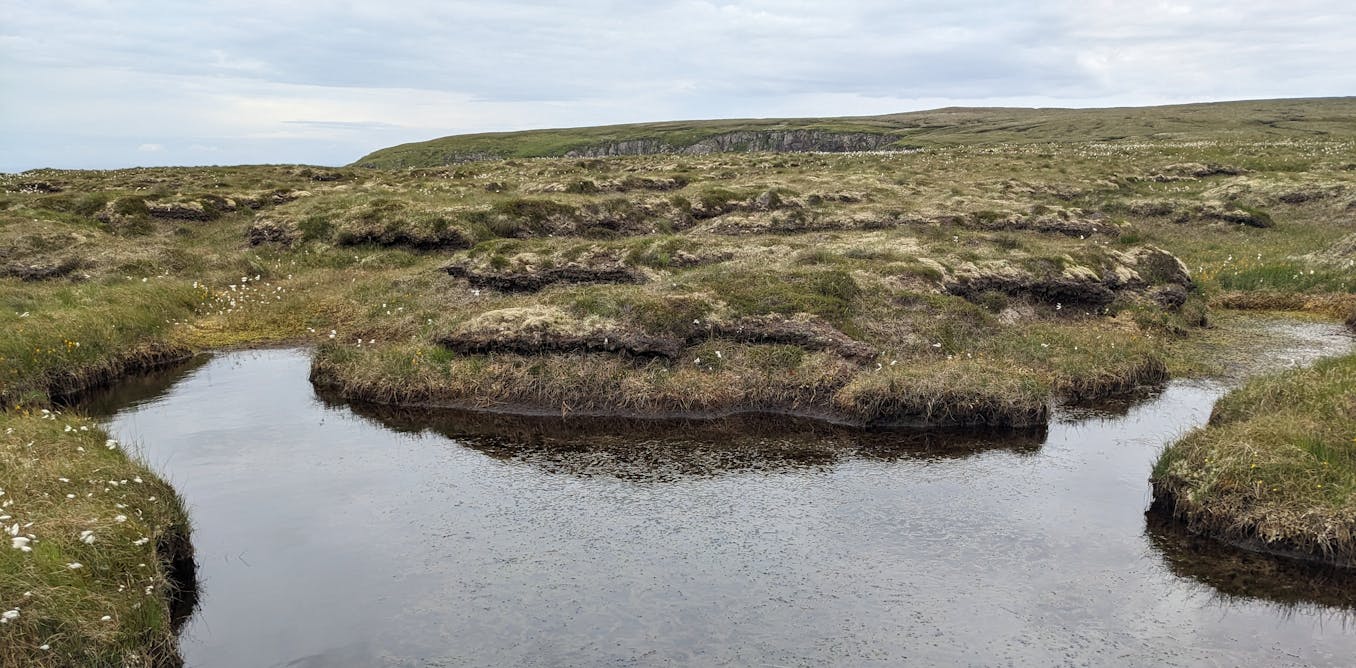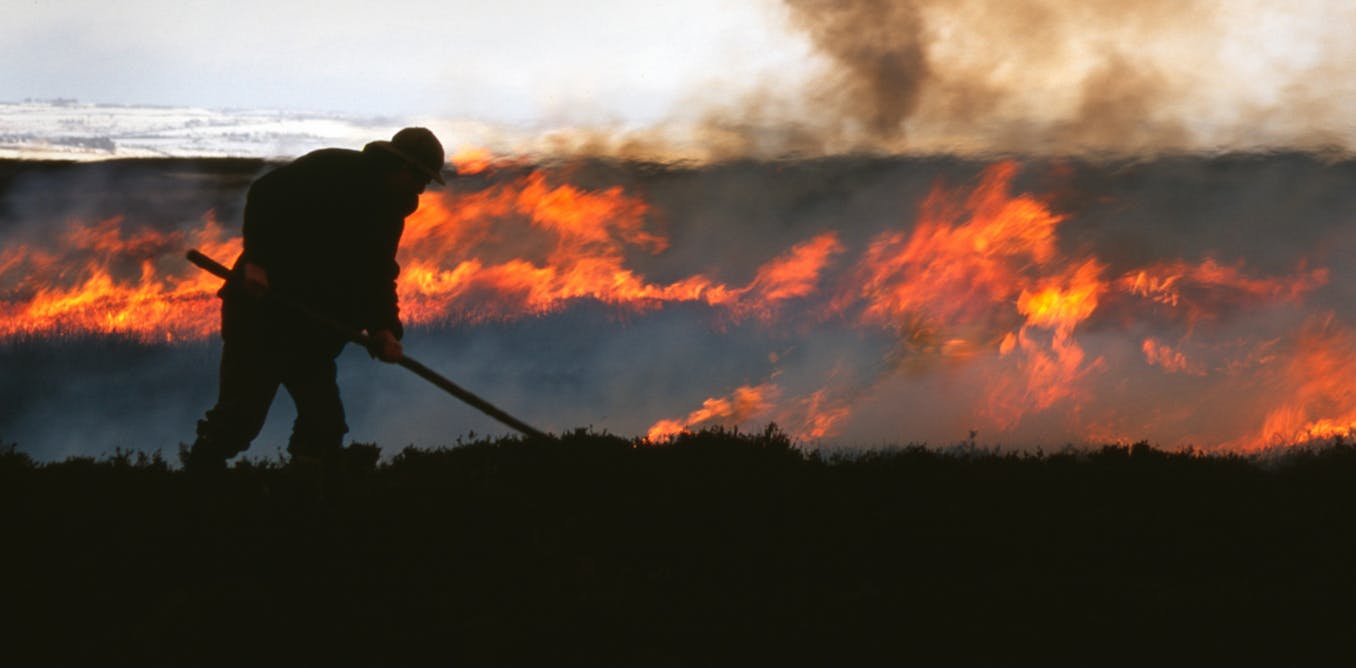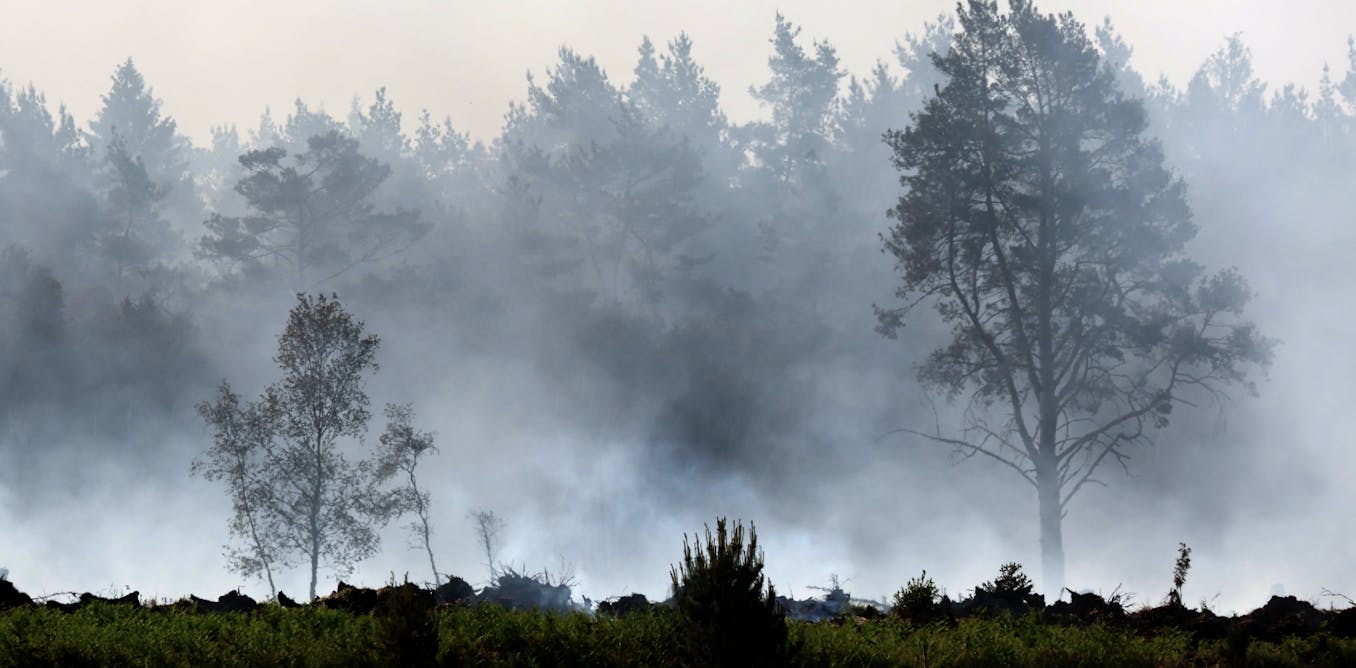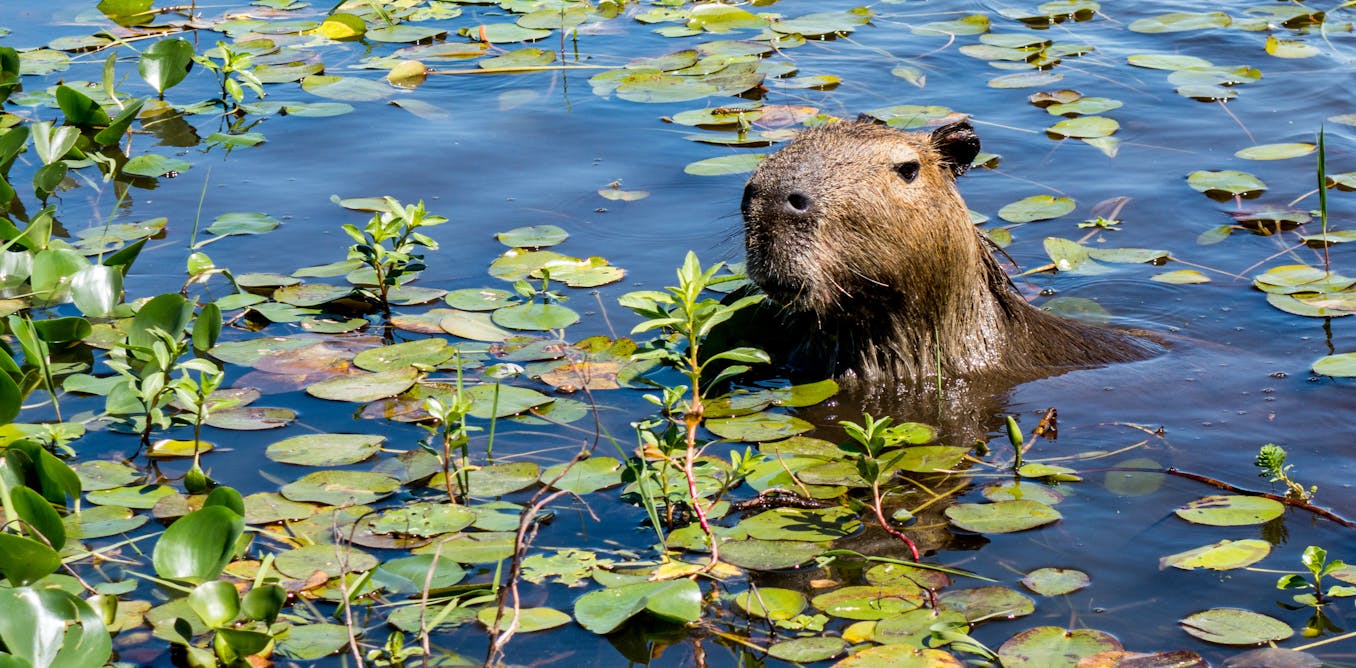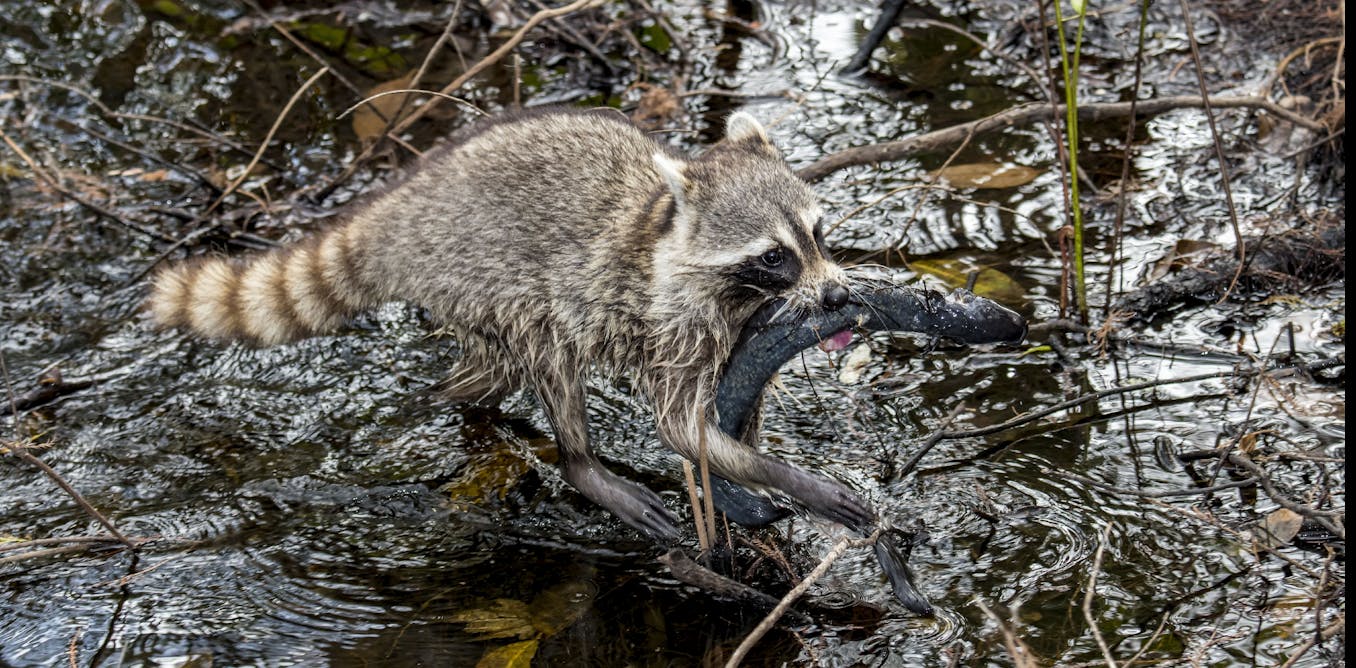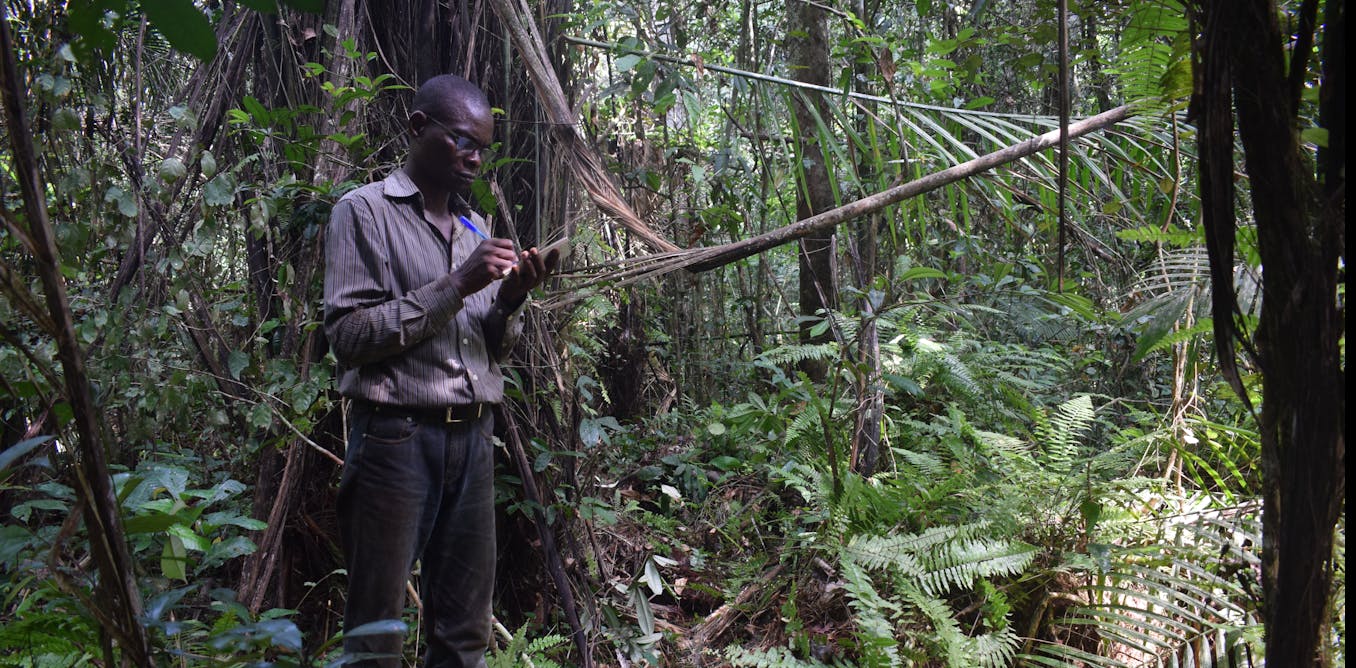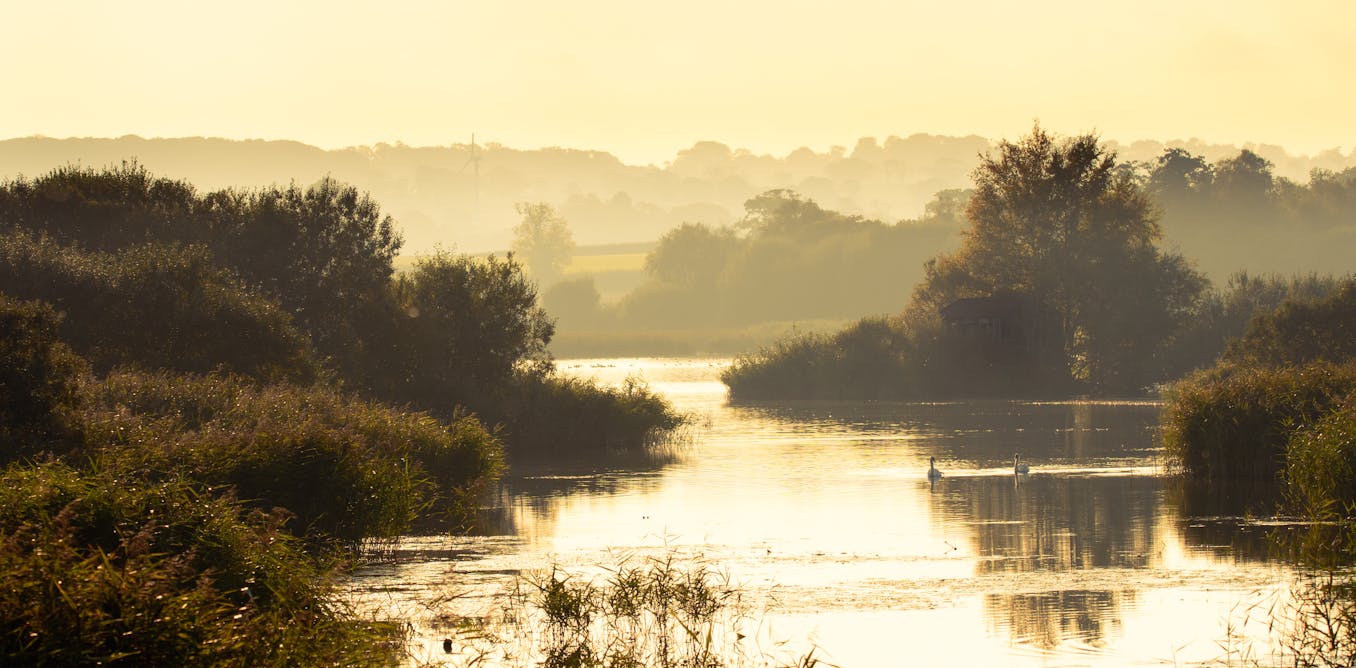UK peatlands are being destroyed to grow mushrooms, lettuce and houseplants – here’s how to stop it
Hidden Peat, a new campaign from The Wildlife Trusts, encourages people to look out for peat-free alternatives and support their wider use.
Feb. 7, 2024 • ~7 min

